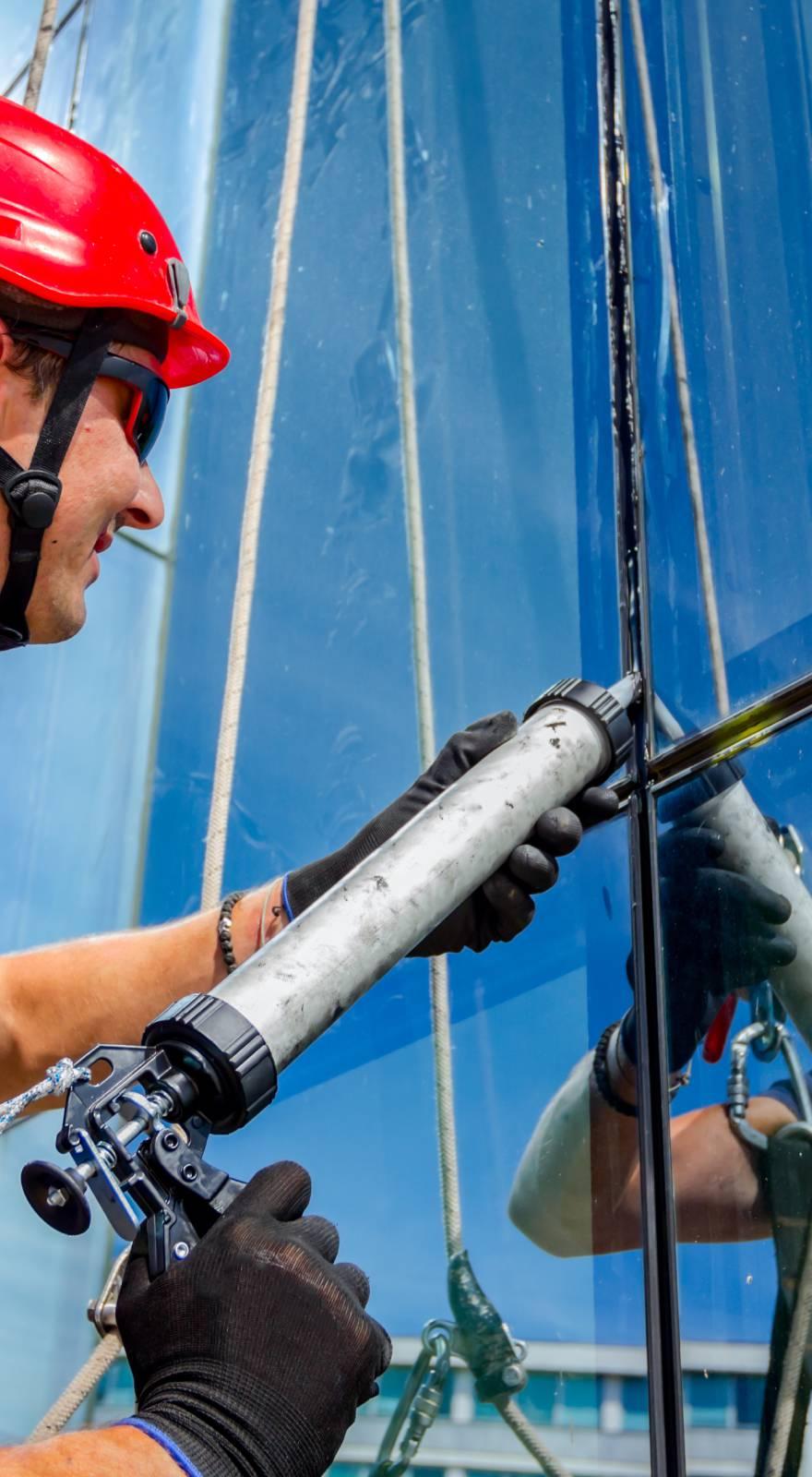Knowde Enhanced TDS
Identification & Functionality
- Chemical Family
- Product Type
- Technologies
- Product Families
Features & Benefits
- Ready-to-Use Product Features
- Product Benefits
- 100% solid.
- Easy mixing ratio of 1:1 by volume.
- Almost no surface preparation is needed.
- Superior fatigue and impact resistance.
- Outstanding environmental resistance.
- Exceptional at bonding dissimilar substrates.
- Excellent salt spray resistance and gap filling ability.
- Dramatically reduces assembly cost.
Applications & Uses
- Applications
- Handling and Application
Mixing
It is highly recommended that either meter mix equipment or cartridges with static mix nozzles be used to properly ratio and dispense the adhesive. For hand mixing, combine Part A and Part B in the correct ratio and mix thoroughly. Heat buildup during and after mixing is normal. To reduce the likelihood of exothermic reaction or excessive heat buildup, mix less than 100 grams at a time. Mixing smaller amounts will minimize heat buildup.
ApplyingBonding surfaces should be clean, dry, and free of contamination. Extensive surface preparation is not required for Fusionbond® 370, and good bonds can be formed on most substrates after a solvent wipe. To assure maximum bond strength, surfaces must be mated within the adhesive's open time. Use enough material to completely fill the joint when parts are clamped. Curing: Parts should remain undisturbed during the interval between the adhesive’s open time and fixture time. After the fixture time is achieved the material has reached handling strength. Cure temperatures below room temperature (70ºF to 75ºF) will slow the fixturing time. Temperatures above room temperature will shorten the open time and the fixturing time.
Clean UpIt is important to clean up excess adhesive from the work area and application equipment before it cures. Use Hernon® EF® Cleaner 62 for removing uncured adhesive. Fusionbond® 370 is flammable. Keep containers tightly closed after use. Keep away from heat, sparks, and open flames.
Properties
- Typical Properties (Uncured)
Property Part A Part B Chemical Type Methacrylate Methacrylate Appearance Blue Pale Yellow Specific gravity 1.04 0.97 Viscosity at 25ºC, cP 30,000 to 60,000 30,000 to 60,000 Mix ratio (by weight) 1 1 - Typical Curing Performance
Property Value Working time, minutes 15 to 20 Fixture time*, using G/B steel, minutes 10 to 15 *Fixture time is defined as the time to develop a shear strength of 0.1 N/mm².
- Typical Cured Performance
Shear Strength, ASTM D1002 Gritblasted lap-shear specimens
Substrate Cure at 22ºC Value, psi Steel 24 Hours 4000-6000 72 hours ≥ 4000 Aluminum 24 Hours 4000-6000 Impact Strength, ASTM D6110 Gritblasted lap-shear specimens
Substrate Cure at 22ºC Value Steel 24 Hours ≥ 10 Joules Aluminum 24 Hours ≥ 5 Joules - Typical Environmental Resistance
Cured for 24hrs @ 22ºC Steel lap-shear specimens (grit blasted)
Cold & Hot Strength
Shear Strength, ASTM D1002
Test Condition Value, psi At -40ºC, cold strength ≥ 4500 At 95ºC, hot strength ≥ 2000 Impact Strength, ASTM D6110
Test Condition Value, Joules At -40ºC, cold strength ≥ 5 At 95ºC, hot strength ≥ 38
Regulatory & Compliance
- Certifications & Compliance
Technical Details & Test Data
- Bondable Substrates
- ABS.
- Phenolics.
- Acrylics (PMMA).
- Polycarbonate and blends.
- Aluminum.
- Polysulfone.
- Brass.
- Polyurea RIM.
- Ceramics.
- Polyurethanes ¹.
- Copper.
- PPO and PPO blends.
- Epoxy.
- PVC & Vinyls.
- E-Coat ¹.
- Rim urethane.
- Fiberglass.
- Rubber.
- Gel Coats.
- SMC ¹.
- LMR (Liquid Molding Resins).
- Stainless steel.
- Nylon 6 or Nylon 6 Alloys1.
- Steel.
- PBT blends.
- Styrenics.
- PEEK.
- Titanium.
- PET blends.
(¹ May need special treatment)
- General Information
This product is not recommended for use in pure oxygen and/or oxygen rich systems and should not be selected as a sealant for chlorine or other strong oxidizing materials. For safe handling information on this product, consult the Safety Data Sheet (SDS).
Storage & Handling
- Storage
Fusionbond® 370 should be stored in a cool, dry location in unopened containers at a temperature between 45ºF and 75ºF (7ºC and 24ºC) unless otherwise labeled. Shelf life can be extended by refrigeration at 45ºF to 55ºF (7ºC to 13ºC). To prevent contamination of unused material, do not return any material to its original container.

